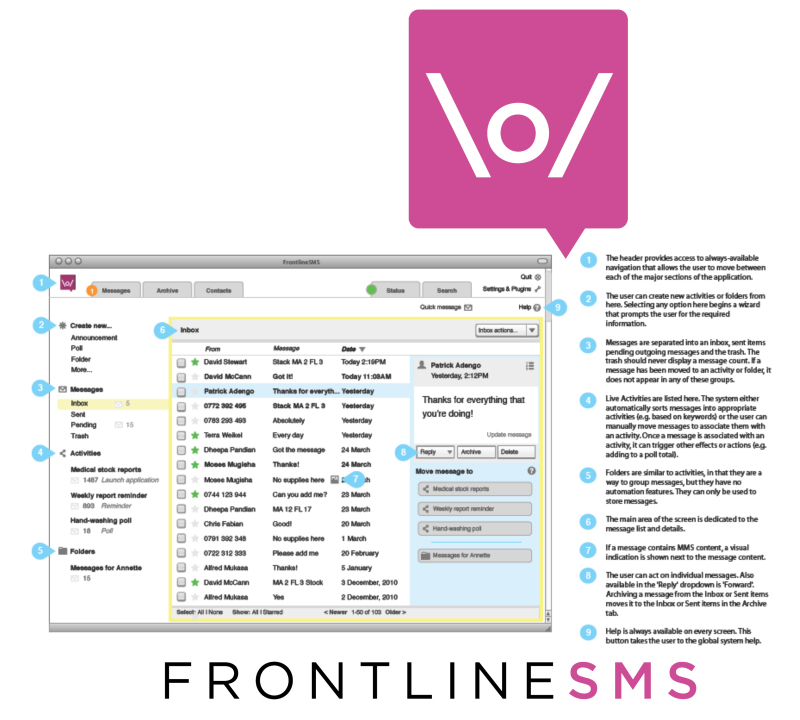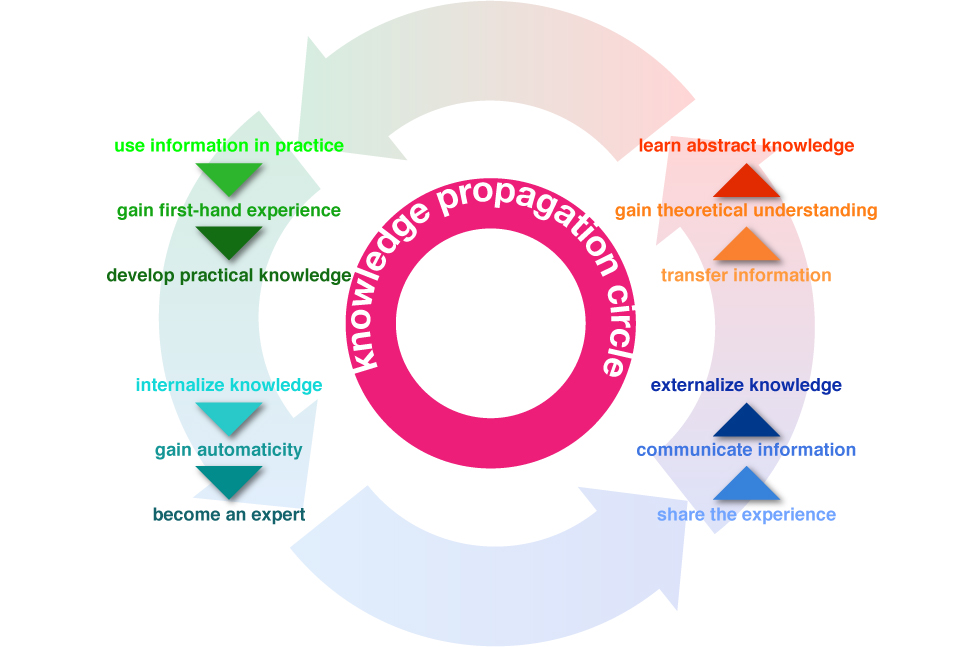
I run several groups on LinkedIn, some for my clients, some to support the work I do, and one for my students. After several years of managing these communities and observing others that I belong to, I have some insights. First, it takes effort! A lot of effort. A group is a community that tries to generate a sense of membership by creating topics of conversations, sharing of information and news, and supporting each others professional efforts. A real community requires participation. It requires a nucleus of idea about which people can come together. It needs some passion as well as intellectual involvement. And members need to feel like they belong and have a say in the movement and evolution of their groups. In short, LinkedIn groups are no different from other communities, it’s just that they mainly focus on professional topics. That said, there are a lot of differences from one community to the next, and one LinkedIn group to the next. Some communities form to support a real world activity like a conference. One of my groups, ICT & Human Rights, was formed for such a purpose. The original core of the group were people who were attending…




